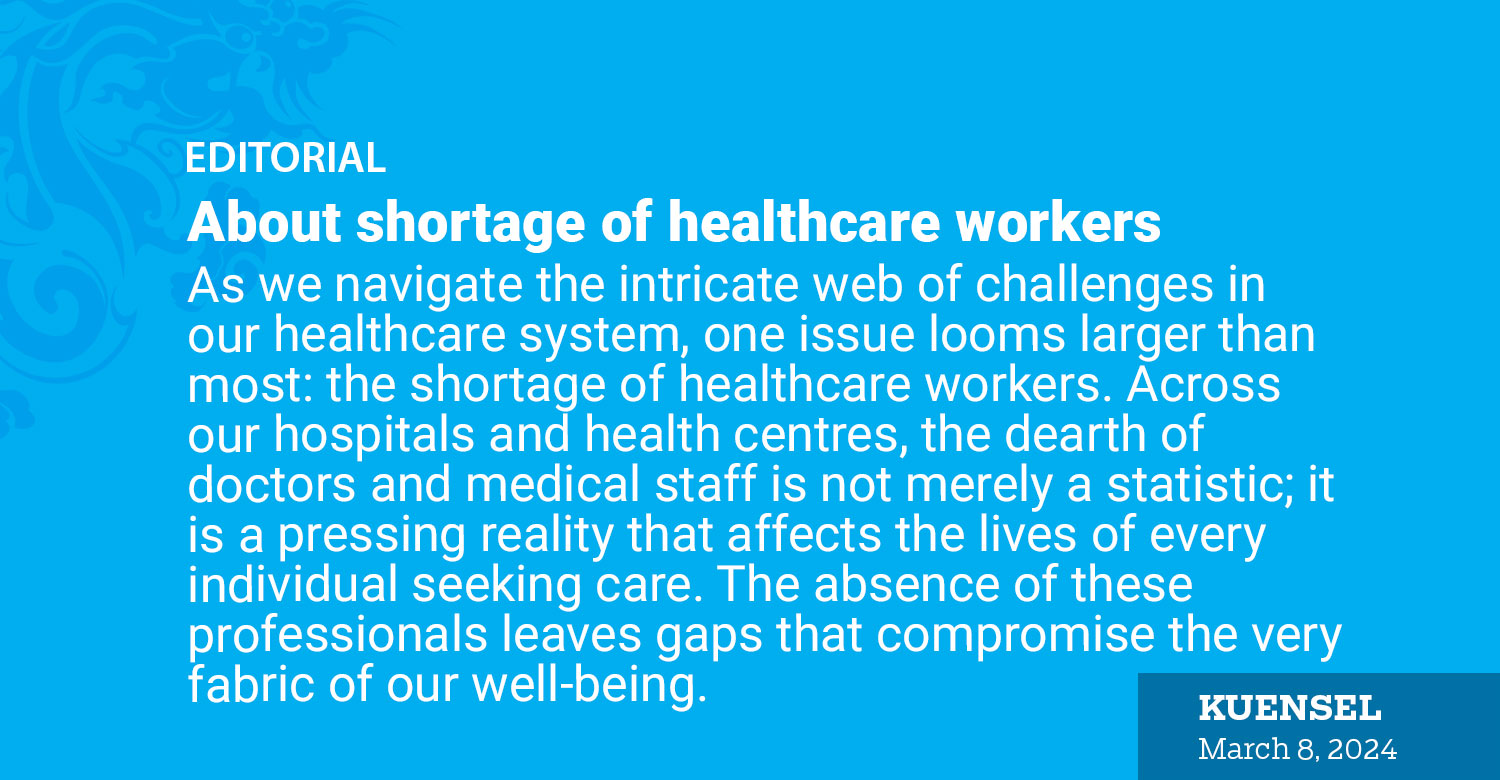As we navigate the intricate web of challenges in our healthcare system, one issue looms larger than most: the shortage of healthcare workers. Across our hospitals and health centres, the dearth of doctors and medical staff is not merely a statistic; it is a pressing reality that affects the lives of every individual seeking care. The absence of these professionals leaves gaps that compromise the very fabric of our well-being.
The ramifications of this shortage ripple through our communities, touching the lives of patients and providers alike. Access to timely medical care, the cornerstone of a healthy populace, becomes a distant dream for many. Imagine the anguish of a parent, clutching their sick child, forced to wait hours for medical attention due to a scarcity of doctors. Picture the strain on our healthcare heroes, burdened with overwhelming caseloads and battling exhaustion in their quest to provide quality care.
This shortage is not a distant threat; it is a reality that stares us in the face with each passing day. The consequences are dire, with rural areas bearing the brunt of this crisis. In the quiet corners of our nation, far from the bustling city lights, communities struggle to recruit and retain healthcare professionals. The disparity in access to care between urban and rural areas deepens, perpetuating cycles of illness and inequality.
Yet, amidst these challenges, there lies an opportunity for action. We must heed the call to address this crisis head-on, for the well-being of our nation depends on it. First and foremost, we must invest in the future of healthcare by bolstering education and training programmes. By expanding medical schools and incentivising careers in healthcare, we can nurture the next generation of doctors and caregivers, ensuring a steady supply of skilled professionals to meet the growing demand.
Moreover, we must explore innovative solutions to bridge the gap in access to care. Telemedicine, with its transformative potential, offers a lifeline to communities in need. Through virtual consultations and remote monitoring, we can deliver healthcare services to the farthest reaches of our nation, breaking down barriers and expanding access to care for all.
Additionally, we must cultivate a culture of support and collaboration within our healthcare system. By fostering interdisciplinary teamwork and empowering healthcare providers, we can optimise resources and enhance the quality of care delivered. Through shared expertise and collective action, we can navigate the challenges of our healthcare landscape with resilience and compassion.
To effectively halt the departure of professionals seeking opportunities abroad, it’s imperative to not only address immediate concerns like working conditions and incentives but also ensure their long-term security, particularly in terms of economic stability. Without this foundational assurance, even the most enticing incentives may fail to retain our skilled workforce, risking a perpetual drain on our healthcare system and impeding our nation’s progress.
As we stand at the crossroads of opportunity and adversity, let us not falter in our resolve to confront the shortage of healthcare workers. Consequences can be far-reaching.


